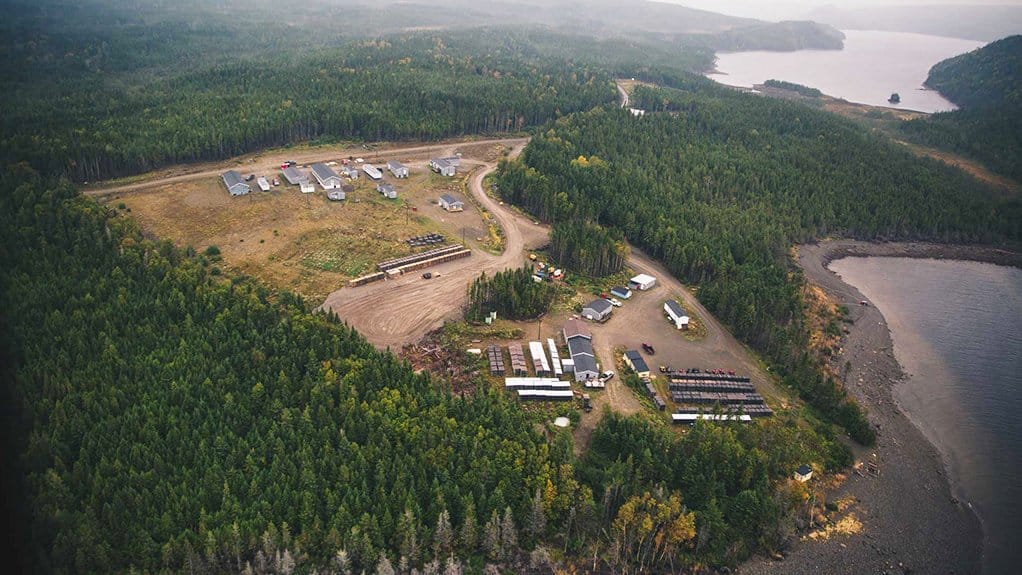The Canadian government on Thursday issued interim guidance on the Impact Assessment Act (IAA), following the recent opinion by the Supreme Court that found the core aspects of the federal legislation are unconstitutional.
The court ruled that the IAA is too broad in designating which major projects should fall under federal environmental assessment.
There are 23 major natural resources and infrastructure projects that are currently undergoing assessment.
The interim guidance, announced by Environment and Climate Change Minister Steven Guilbeault, seeks to provide clarity to investors and businesses and ensure that the projects currently in the assessment process have an orderly and clear path forward.
Guilbeault said at a press conference that the government will not repeal the legislation, as some Conservatives Members of Parliament have demanded, but will instead make changes to align the law with the court’s ruling, CBC News reported.
According to the guidance, the Impact Assessment Agency of Canada will consider all projects currently under assessment and provide an opinion on whether they impact areas of federal jurisdiction.
Consultation with Indigenous Peoples through existing assessment processes, as they relate to a clear area of federal jurisdictional responsibility.
The Environment Minister’s discretionary authorities to designate projects will be paused, while consideration of any new designation requests will only resume once amended legislation is in force.
“The Supreme Court of Canada’s opinion on impact assessment means we now have clarity to better align the IAA to areas of federal jurisdiction while continuing to protect the environment,” said Guilbeault.
The IAA, formerly Bill C-69, came into force in August 2019, repealing and replacing the Canadian Environmental Assessment Act, 2012. Trudeau’s government argues that the tougher IAA requirements make projects more likely to survive court challenges, thus increasing certainty for companies and investors.
The Alberta government opposes the IAA with Premier Danielle Smith having said that the legislation is responsible for the loss of “tens of billions in investment, as well as thousands of jobs across many provinces and economic sectors.
In September 2019, the Alberta government asked the Alberta Court of Appeal to provide an advisory opinion on whether the IAA steps outside federal legislative authority. In May 2022, the Alberta Court of Appeal opined that the IAA is unconstitutional in its entirety. The issue was referred to the Supreme Court of Canada.



